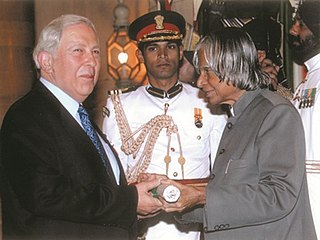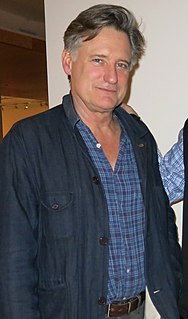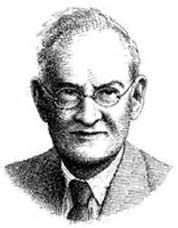A Quote by James Hillman
Many of our troubles are chronic. Life is chronic.
Related Quotes
One strand of psychotherapy is certainly to help relieve suffering, which is a genuine medical concern. If someone is bleeding, you want to stop the bleeding. Another medical aspect is the treatment of chronic complaints that are disabling in some way. And many of our troubles are chronic. Life is chronic. So there is a reasonable, sensible, medical side to psychotherapy.
Insecurity refers to a profoud sense of self-doubt-a deep feeling of uncertainty about our basic worth and our place in the world. Insecurity is associated with chronic self-consciousness, along with a chronic lack of confidence in ourselves and anxiety about our relationships. The insecure man or woman lives in constant fear of rejection and a deep uncertainty about whether his or her own feelings and desires are legitimate.
The quality of health care in Germany is not as good as people sometimes believe it to be. We have problems with chronic diseases. The German system allows too many hospitals and specialists to treat chronic diseases. We do not have enough volume in many institutions to deliver good quality, and we do have fairly strict separations ... between primary physicians, office specialists and hospital specialists. But I think the quality problems can be solved in the next couple of years, and we have made major progress in diabetes, coronary artery disease and pulmonary disease care.
I have chronic - well, I like to call it late-stage Lyme disease and not chronic, because I like to think someday I'll be all the way cured. It took me a really long time to get diagnosed, and I was misdiagnosed for a long, long time. I was very ill during the end of Le Tigre, which was kind of why that ended, amongst other things.
The average man takes life as a trouble. He is in a chronic state of irritation at the whole performance. He does not learn to differentiate between troubles and difficulties, usually, until some real trouble bowls him over. He fusses about pin-pricks until a mule kicks him. Then he learns the difference.





































